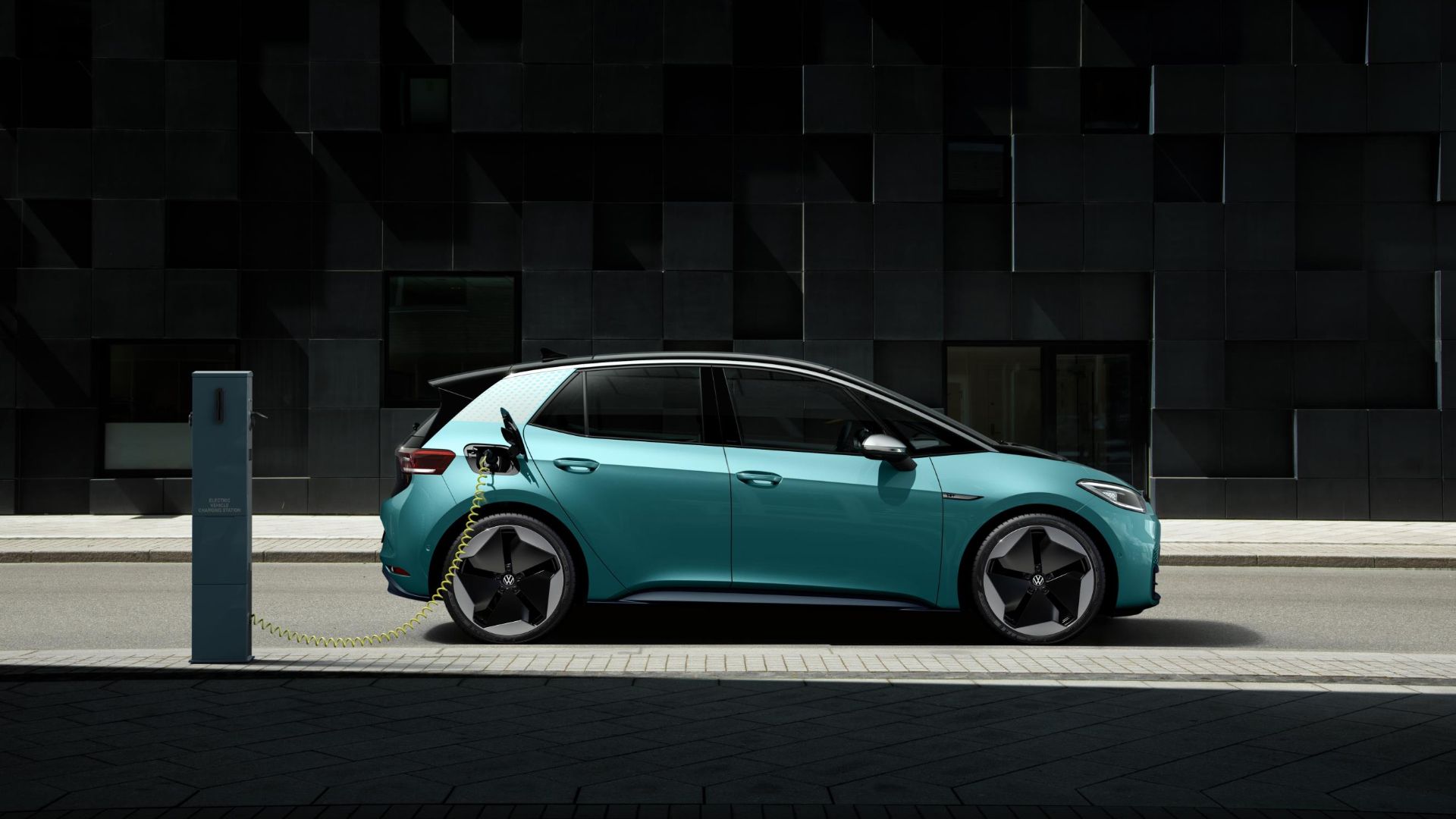
Labour has announced plans for a ‘green industrial revolution’ with an enormous focus on automotive.
If elected, Labour will introduce interest-free loans for prospective electric car buyers and billions of pounds worth of charging points to support them.
On top of that, it wants to team up with car manufacturers to build battery ‘gigafactories’. Finally, to power it all, it wants to commit a massive investment for a fleet of wind turbines at sea.
The long and the short? More electric cars, more places to charge them, cheaper batteries and renewable power to keep them going. From the top…
Labour’s £60bn interest-free loans on electric cars
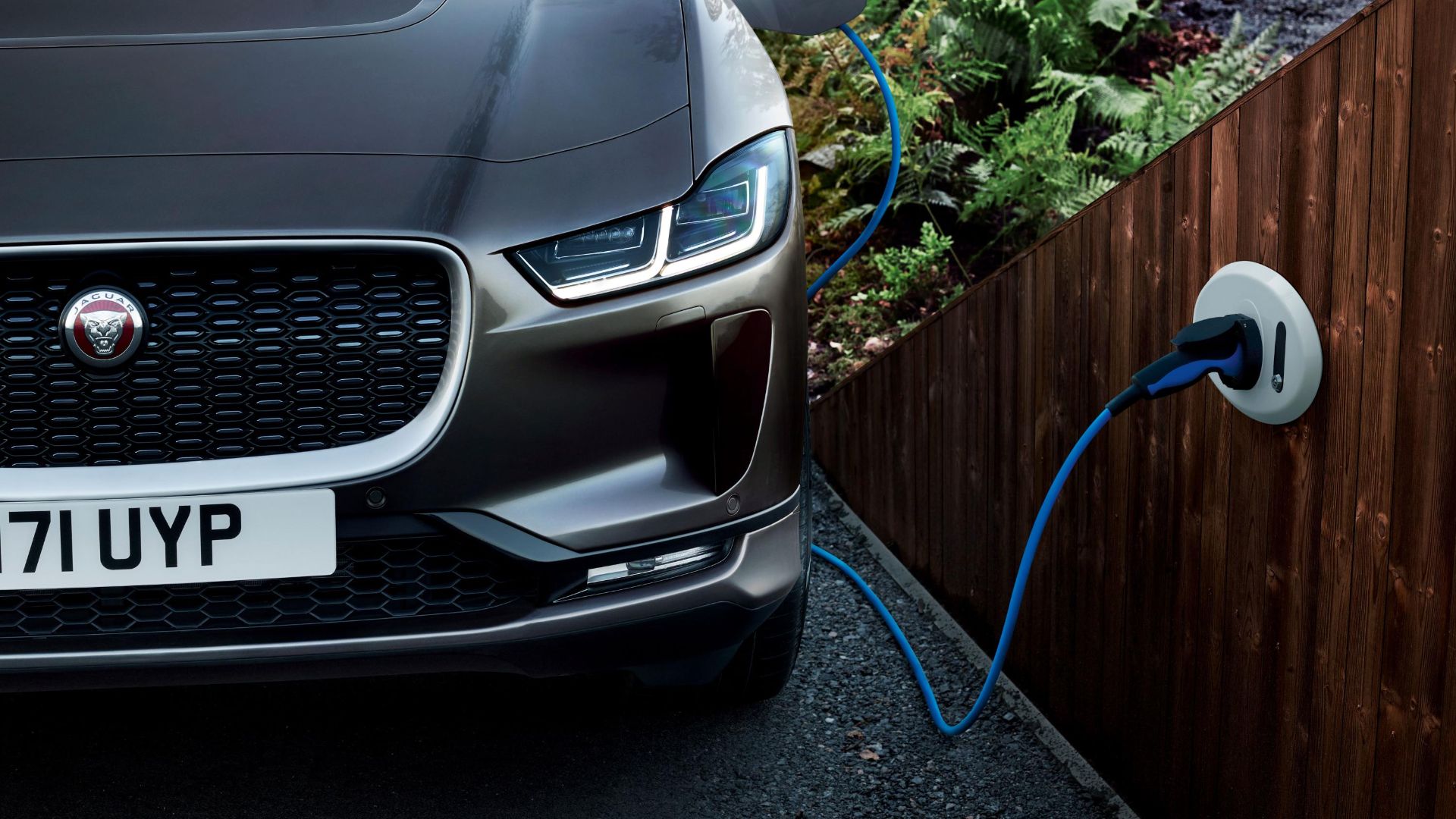
Labour wants two thirds of cars on sale to be electric by 2030. To support the necessary growth in popularity, it wants to offer 2.5 million prospective buyers of electric cars interest-free loans of up to £33,000. That’s a total investment of up to £60 billion during its first parliamentary term.
These loans would be for low-income households, small businesses and sole traders specifically. In theory, they would get the last people that would ordinarily have the capacity to make the change, to the front of the queue.
The scheme would come with a caveat for those taking advantage of the scheme. They’re to take a more active part in Britain’s ‘green industrial revolution’ beyond buying the car – owners will be required to take part in a mass trial of Vehicle-2-Grid technology.
- Britain is one of the CHEAPEST places in Europe to own an electric car
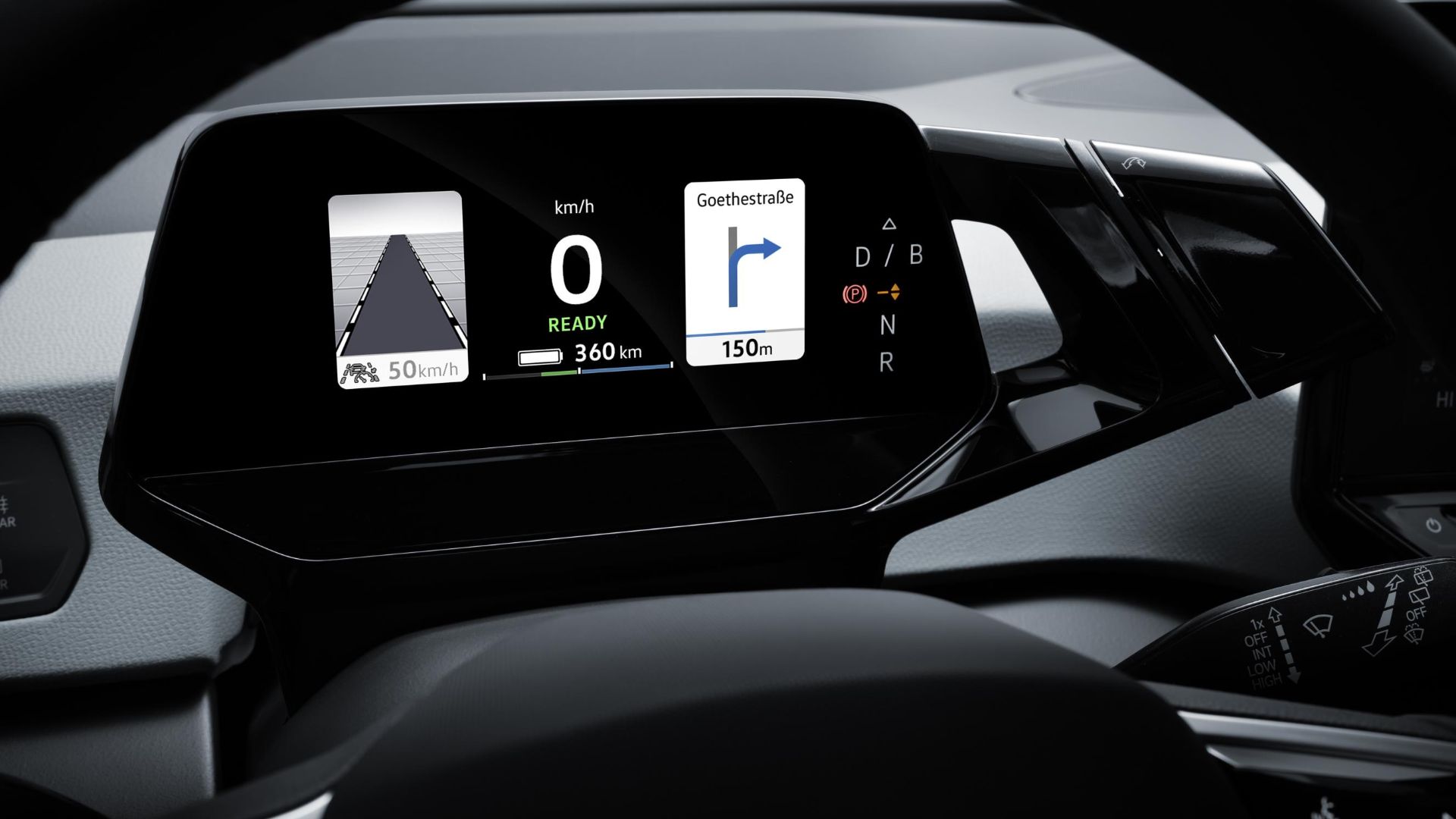
It allows electric cars to effectively be a part of the grid, when they’re plugged in, storing excess energy. This, to an end of smoothing supply from renewable sources. It would ease the mass requirement for power banks, at least in the short term.
Roughly £3.5 billion would be lost in interest profits. However, a would-be Labour government reckons it will save, at least in part, on easing a steep immediate requirement for behind-the-scenes infrastructure. Funding for the loans would come from a £250 billion ‘national transformation fund’.
£3.6billion on charging points
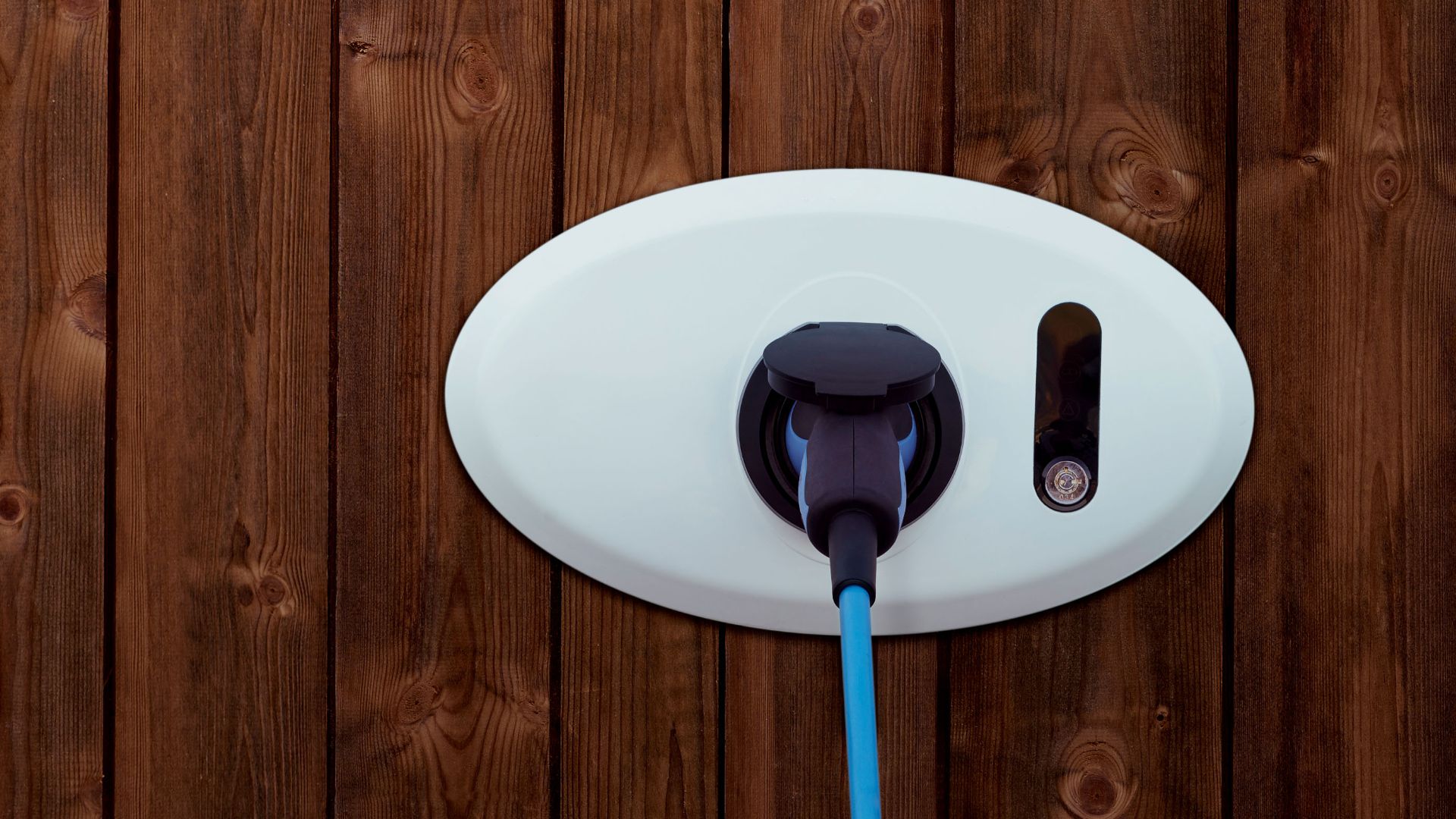
With 2.5 million electric cars set to hit the road, Labour will need a charging infrastructure that can support them. It plans to invest £3.6 billion in the rollout of rapid-charging stations, with the ability to support the anticipated 21 million electrified car population on the road by the end of the next decade.
The investment would create 3,000 skilled jobs for electricians and engineers, and the result would be an answer to the question of infrastructure that’s supposedly stopping so many from making the change.
£5.8billion investment in electric cars and ‘gigafactories’
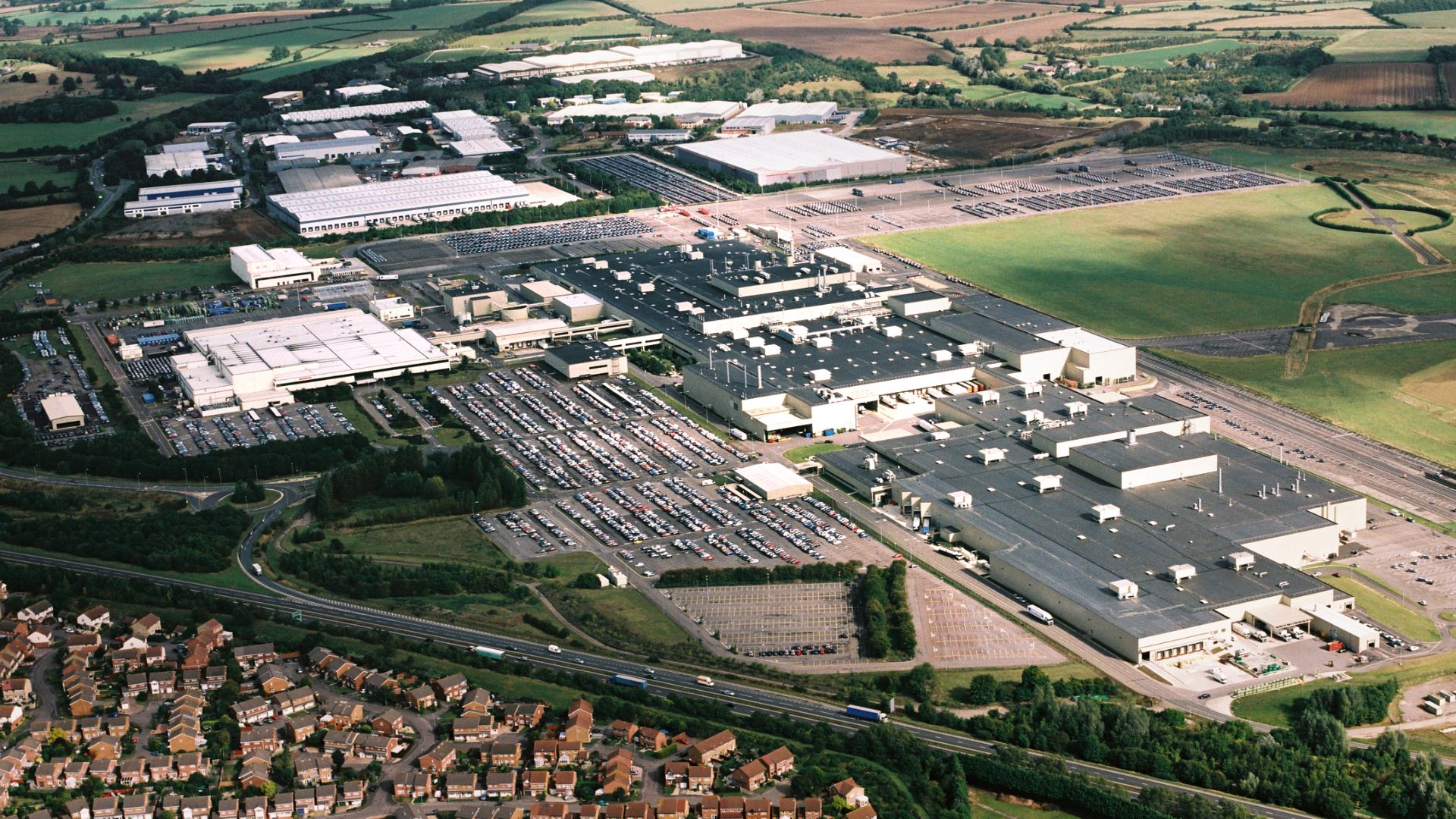
The shadow business secretary Rebecca Long-Bailey revealed Labour’s intention to invest £5.8 billion in the motor industry to assist an acceleration in the development and production of electric cars. How? State-controlled ‘gigafactories’ and metal reprocessing plants, and a stake in the manufacturers of electric cars.
Around £3 billion of the above figure would go toward assisting the development of new models and technology. In return, Labour wants shares in the business.
“If we want our automotive sector to flourish, we need a government that is not afraid to intervene,” and intervene it plans to. Long-Bailey cites France as an example with its 13 percent stake in the home-based Peugeot Citroen PSA group.
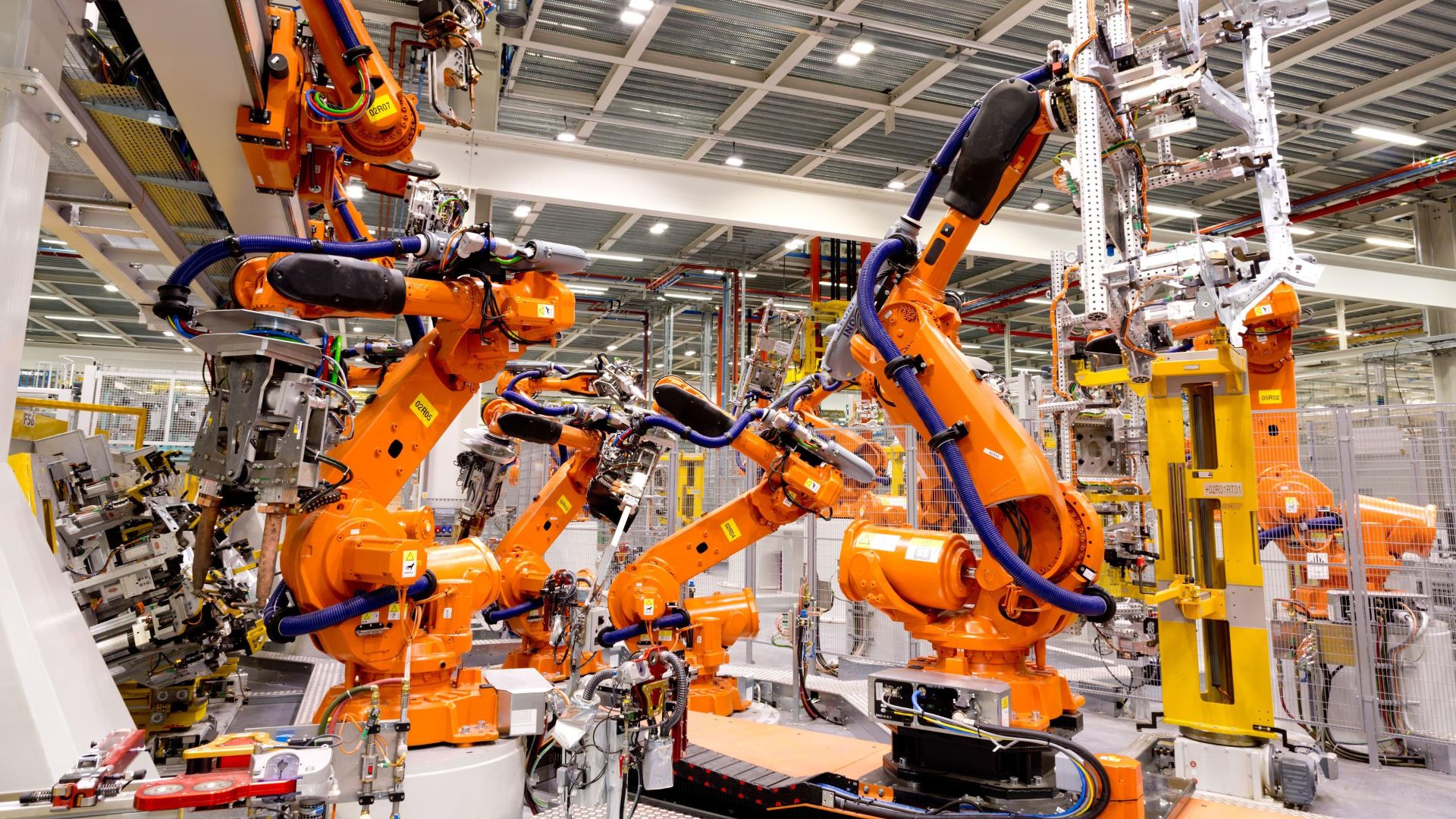
Around £2.3 billion is to go towards the so-called ‘gigafactories’, with the government owning a 51 percent stake in each one. They would create 3,000 jobs, with sites planned in Swindon (think the to-be ditched Honda plant), Stoke and South Wales.
“We need to accelerate the shift away from fossil-powered cars if we are to tackle the climate emergency. Labour’s support package will offer a lifeline for a new clean era of manufacturing.”
The elephant in the electric car room is batteries. The production of them is addressed above, but the disposal of them is a point of contention. Labour wants the remaining £500 million to go towards four plants for the reprocessing of batteries for their rare metals and minerals.
Labour’s renewable power for an EV-driving Britain
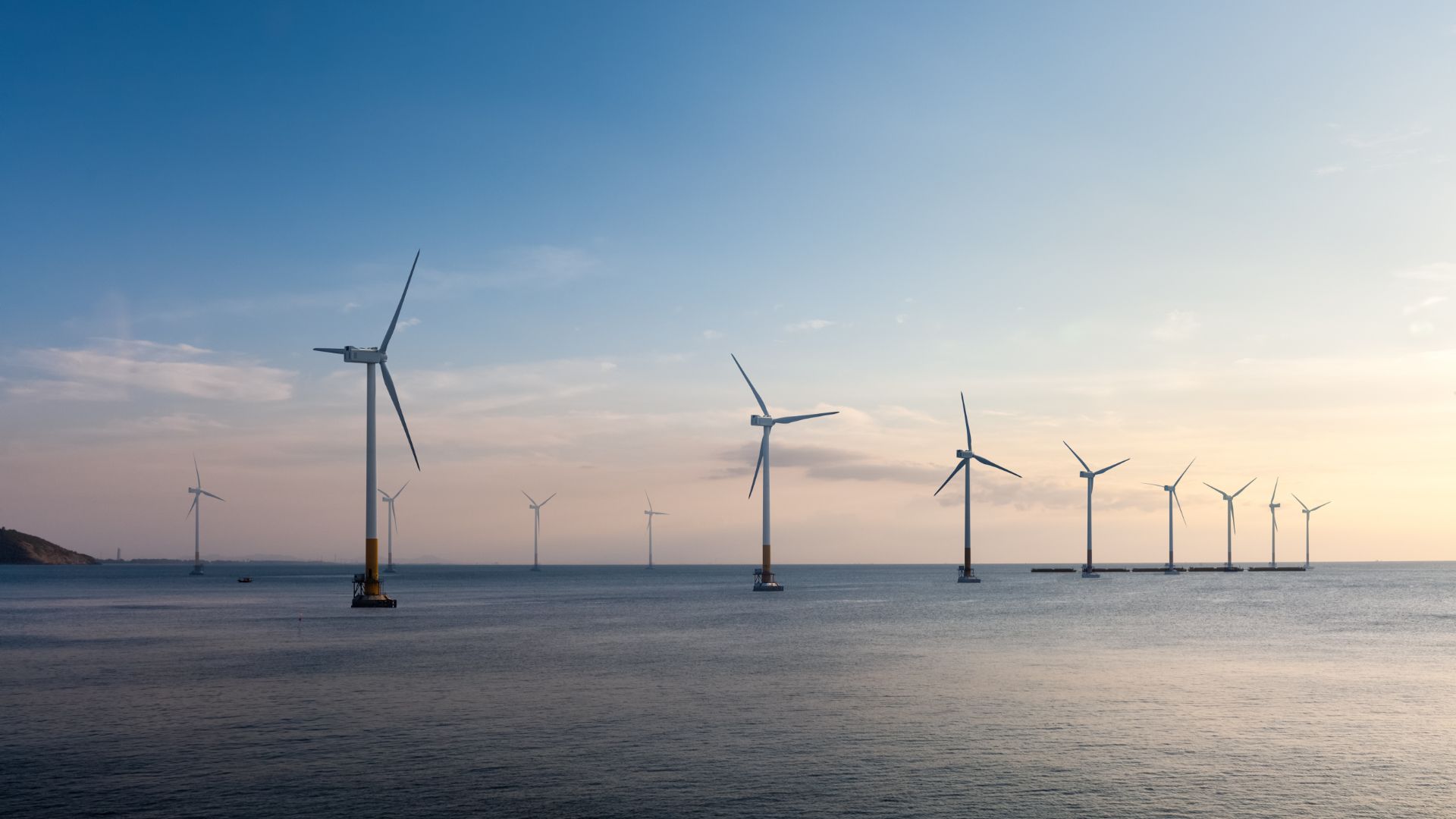 So we’ve got the electric cars, the capacity to produce the batteries within them, the incentive to buy them and the infrastructure to charge them. Now we need to power it all.
So we’ve got the electric cars, the capacity to produce the batteries within them, the incentive to buy them and the infrastructure to charge them. Now we need to power it all.
To that end, Labour wants to build 37 new offshore wind farms via a new public-private venture, in which it would have a 51 percent stake, generating power for 57 million homes. It wants to shake our reliance on foreign firms for wind power. Labour says the venture would create 67,000 jobs in East Anglia, Scotland, Yorkshire and the North East.
The ‘people’s power fund’ will be the result of profits taken from the energy harnessed and sold with the new facilities. This would allow £1 billion every year to be invested in struggling seaside communities.